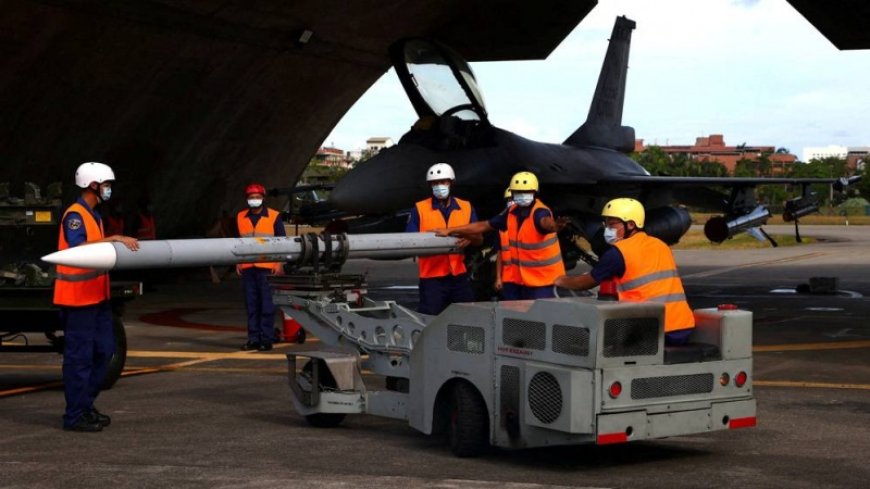China's Ministry of Foreign Affairs has imposed sanctions on Lockheed Martin, America's largest military and aerospace company, in response to its sale of weapons to Taiwan. This move marks a significant escalation in the ongoing tensions between Beijing and Washington over arms sales to the self-governing island, which China considers a breakaway province.
The Chinese Foreign Ministry announced the sanctions via state media outlet Al-Mayadeen, emphasizing that Lockheed Martin's involvement in arms deals with Taiwan directly undermines China's sovereignty and security interests. "The sanctions are a necessary response to the ongoing U.S. arms sales to Taiwan," stated the ministry. The sanctions will include freezing Lockheed Martin's assets in China and banning its top executives from entering the country.
Lockheed Martin, a global leader in aerospace, defense, and information security, has long been a key player in the international defense industry. In fiscal year 2014, the company was recognized as the world's largest defense contractor by revenue. It continues to hold a dominant position among U.S. defense contractors.
This recent action by Beijing follows a pattern of increasing economic and political measures aimed at countering U.S. influence in the region. A month prior, China announced restrictive measures against 12 companies involved in the military-industrial complex, further illustrating its commitment to responding to perceived threats from U.S. policies.
The backdrop to these sanctions is the strained Sino-Taiwan relations, which have deteriorated since Tsai Ing-wen became Taiwan's president in 2016. Tsai's administration, seen by Beijing as pro-independence, has led to heightened military and political tensions. In January, amid Taiwan's election cycle, Beijing issued stark warnings to Taiwanese voters, framing the election as a choice between peace and conflict.
China's stance on Taiwan remains firm, with the Chinese government not ruling out the use of force to achieve reunification. The recent sanctions on Lockheed Martin are a clear signal of Beijing's willingness to leverage its economic power to challenge U.S. policies and protect its interests regarding Taiwan.
As global attention remains fixed on the evolving dynamics between China, the U.S., and Taiwan, this development underscores the broader geopolitical struggle playing out in the Asia-Pacific region. The international community will be closely monitoring the implications of these sanctions and the potential for further escalation.














































